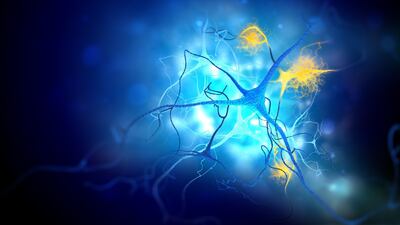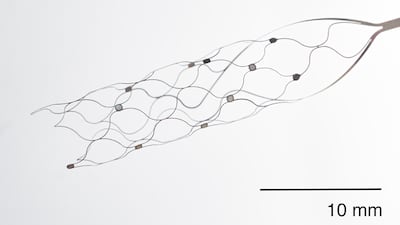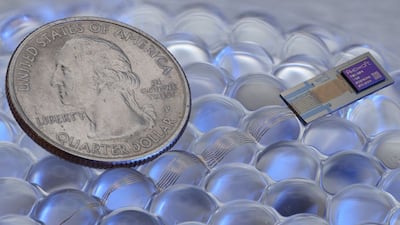For the four key players in neuromodulation, Abbott Laboratories Inc., Medtronic PLC, Boston Scientific Corp. and rising star Nevro Corp., spinal cord stimulation (SCS) systems for chronic pain management are a key opportunity for growth. This message was conveyed clearly by the companies when they announced preliminary earnings results –highlighting the neuromodulation business as a growth area – at the JP Morgan Healthcare conference in San Francisco early January, and rang even louder just days later at the North American Neuromodulation Society (NANS) Annual Meeting in Las Vegas, where the firms presented the latest clinical findings from SCS trials. (Also see "Market Intel: Pain Management II: Competition Intensifies For Spinal Cord Stim Market's Big Three" - Medtech Insight, 23 May, 2017.)
At NANS, which took place from Jan
Read the full article – start your free trial today!
Join thousands of industry professionals who rely on Medtech Insight for daily insights
- Start your 7-day free trial
- Explore trusted news, analysis, and insights
- Access comprehensive global coverage
- Enjoy instant access – no credit card required
Already a subscriber?








